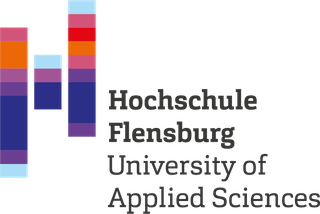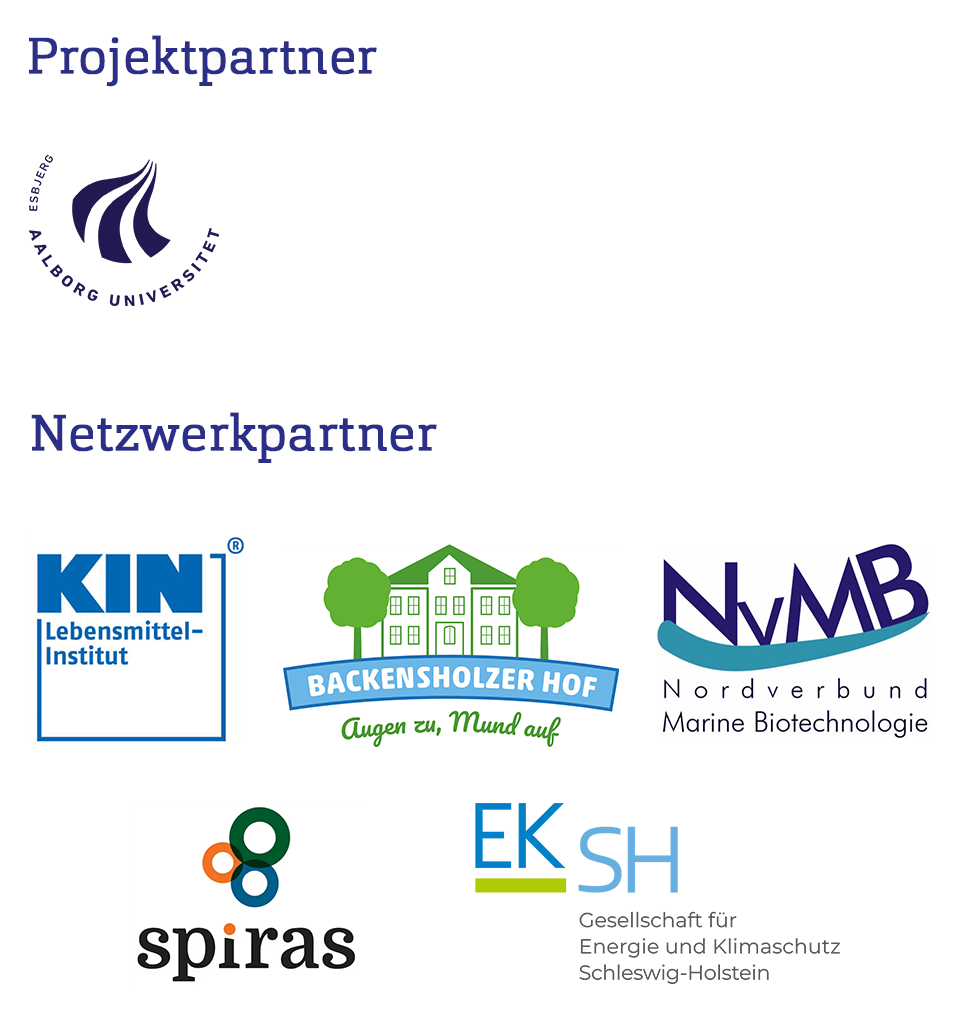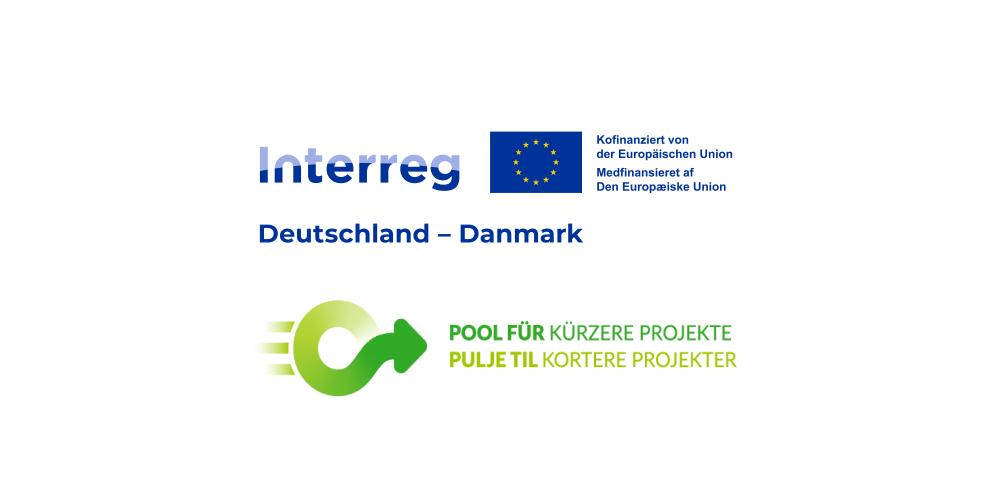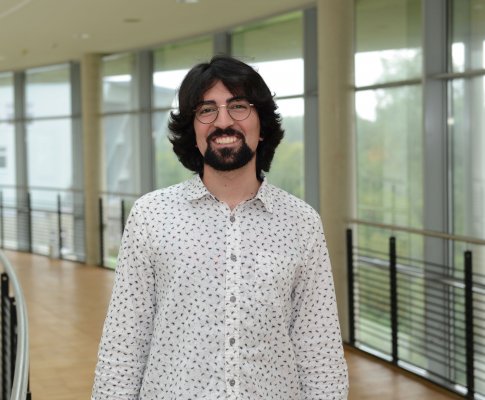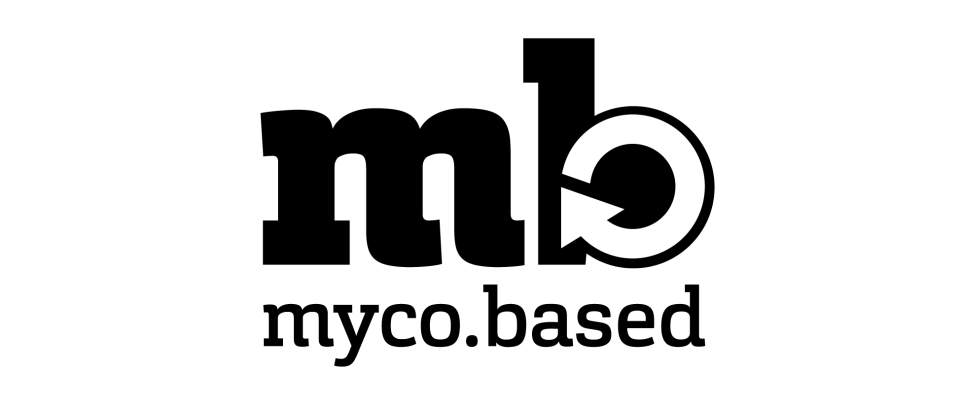
Project description
The myco.based project represents the first step towards using side streams from the regional food industry specifically for the production of mushroom-based biomaterials.
Side streams from dairies, breweries and the fruit processing industry in the German-Danish border region are being used to cultivate mushrooms. Flensburg University of Applied Sciences is working together with Aalborg University Esbjerg to demonstrate in a proof of concept that it is possible to cultivate various marine and terrestrial fungi on the side streams and that these can be used to obtain pigments and produce fungal mycelium materials.
As part of this, the AAU Esbjerg is conducting research into using the pigments extracted from the fungi as electrolytes in redox flow batteries for energy storage, thereby creating a sustainable alternative to lithium and vanadium. Flensburg University of Applied Sciences focuses on the production of mushroom mycelium materials for use in the office and electronics sector. Conventional materials such as plastics and foams are to be replaced for the sustainable and circular production of everyday objects. Moulding and additive manufacturing methods (3D printing) are used for this.
The consortium is to be expanded through network meetings, events and targeted approaches to project and network partners. The strong food industry on both sides of the border is particularly suitable for this cross-border approach and forms the basis for building a bridge to materials management and paving the way for a joint, resource-efficient circular economy.
The project is funded by the Interreg Pool for shorter projects co-financed by the European Union.
The project's Instagram account also provides up-to-date insights into the project.
